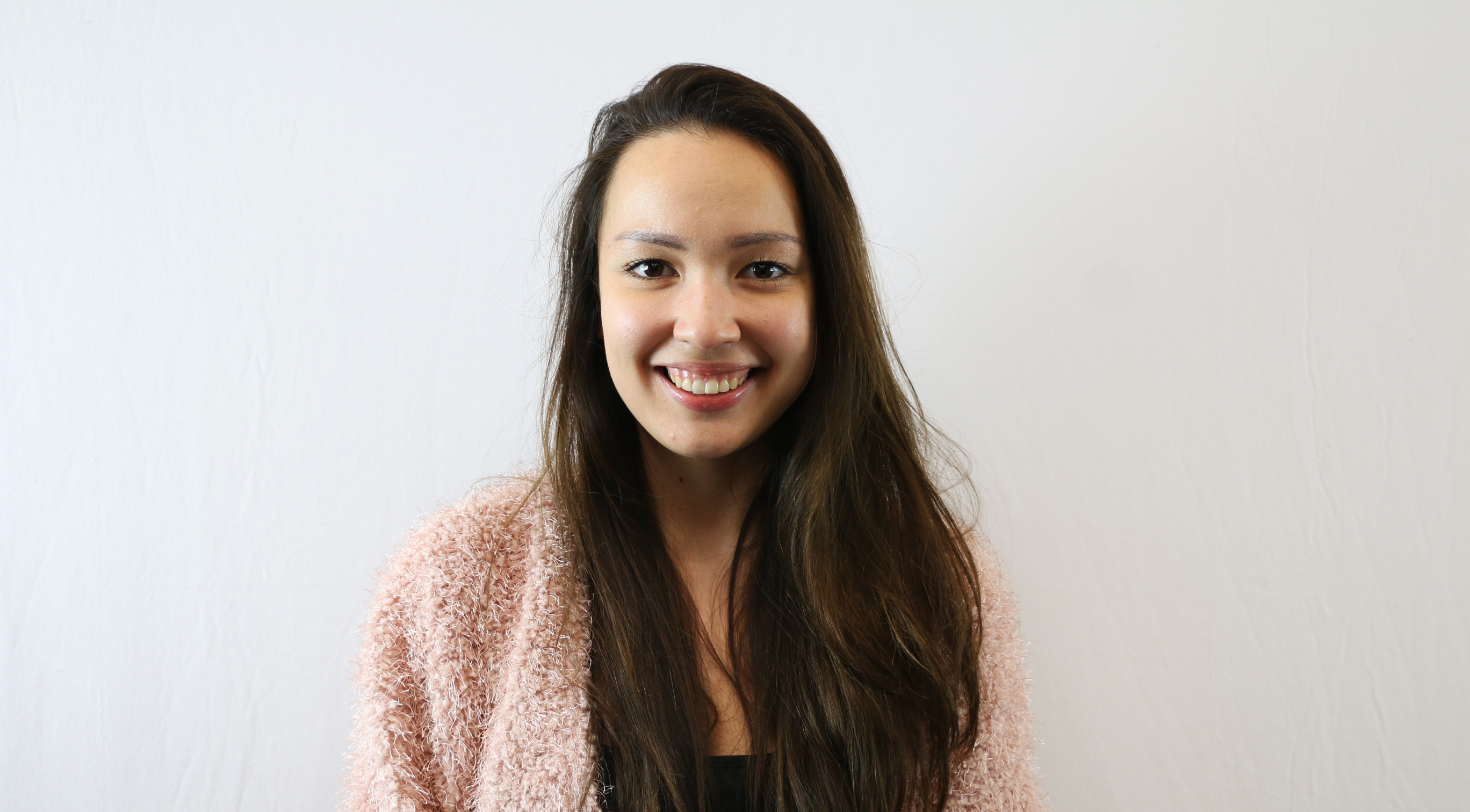Fourth year Chemical Engineering student Joanna Snape talks us through what a typical day is like when you’re studying and living in Newcastle.

Hi everyone,
My name is Joanna and I’m currently completing my 4th and final year of my MEng degree in Chemical Engineering.
Newcastle wasn’t actually my first choice of university when applying, but now having spent 4 years here, I can honestly say that I wouldn’t want to have gone anywhere else. Newcastle is, without a doubt, the best student city there is. It’s so friendly here and I always feel safe; even at 3am after a night out! It’s a fun, bustling city filled with all sorts of things to do. Compared to bigger cities like London, living costs are cheap which allows way more room for opportunities to do fun things. I think it’s important to be in a city where there’s lots to do, especially when you’re doing something as tough as engineering.
That is the un-sugar-coated truth: engineering is TOUGH, but it’s also extremely rewarding. It is no understatement that the things you will learn in this day and age will have a huge impact on many of the important industries of the world.
As a chemical engineering student, my schedule always changes. There are a lot of contact hours. There are times where I’m only in for an hour or two and some days where I’m in from 9am-6pm – let’s just say you will definitely get your money’s worth from doing this course. A lot of the particularly long days are due to labs, which typically take about three hours. I like labs because the practical aspect of it means that time goes by pretty quickly and helps with the learning experience. Also, you only have labs every two weeks at most, so it’s really not too bad.
On a standard day, I would go to uni and go to my lectures. On a long day, during breaks I would usually go to the student union with friends to have lunch and maybe even have a drink or two. During the more demanding times of the year, I would spend my breaks working on assignments. A lot of the projects I’ve had throughout my degree have been group projects, so breaks between lectures are the usually the best times to meet up with everyone to get things done. A lot of group-work also means that we are a very tight-knit course, which is really nice because having people to go through it with helps to keep up the motivation. After uni, I would go home for dinner and relax with friends, or sometimes go and get ready to enjoy the famous Newcastle nightlife. Me and my housemates often have games nights or movie nights together.
Chemical engineering offers a very broad learning experience. A common misconception is that it’s predominantly chemistry with a bit of maths. It’s actually a lot of maths and physics with some basic chemistry. A lecturer of mine gave us a great analogy to better understand what chemical engineers actually are: “If chemists are the chefs then chemical engineers are the ones that run the restaurant.” We also have to learn a lot about finance and economics, as well as general safety engineering. The degree also incorporates aspects of mechanical and electrical engineering. We even do a lot of computer programming for simulating processes. This is all great because if you change your mind on what you want to do, mid-degree (or had no idea what you wanted to do in the first place), chemical engineering could get you into anything.
So chemical engineering is pretty intense, but I still have a lot of time to focus on other things. I’m currently in the dance society, I love drawing and playing music, I try my best to go to the gym as much as I can, and also do some tutoring and volunteering. It’s all about time-management, which you will inevitably become very good at as an engineering student. There is so much to talk about when it comes to the whole uni/student experience so if there’s anything you want to ask me, feel free to reach me via email on j.snape1@newcastle.ac.uk.
I hope this was helpful and thanks so much for reading!
With the autumn semester of the academic year well under way in the UK, final year chemical engineering students will be starting to think about their next step – applying for a graduate job.